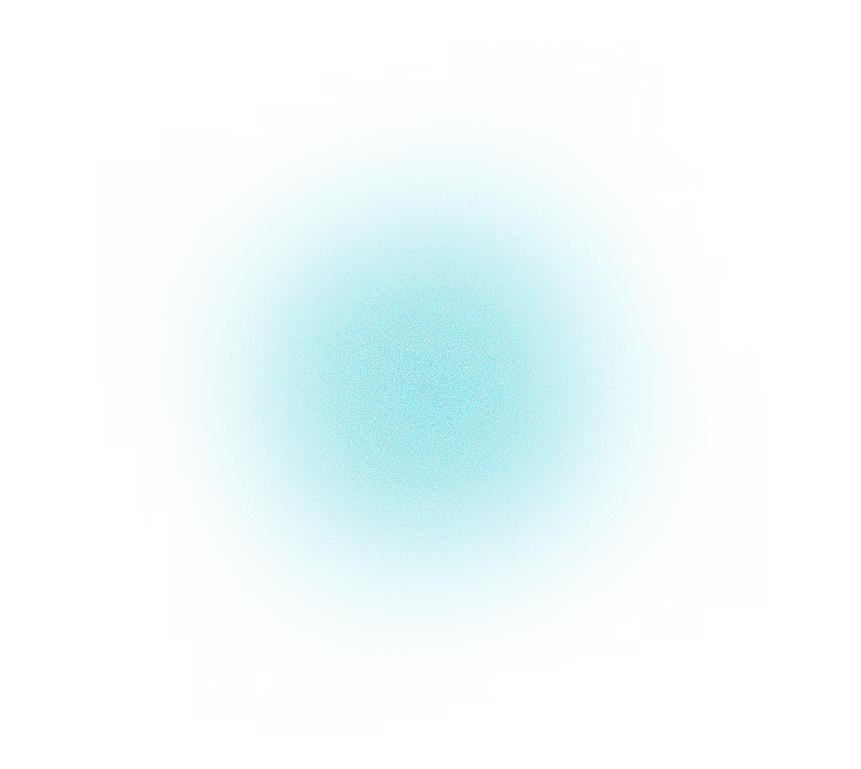Better screening of patients for rare diseases through an NLP algorithm
A clinically-validated NLP algorithm offers a valid and accurate tool to detect red flag symptoms in medical records across multiple disciplines, supporting better screening for patients with rare diseases.
Authors: Dries Hens, Lore Wyers, Kristl G. Claeys
A clinically-validated NLP algorithm offers a valid and accurate tool to detect red flag symptoms in medical records across multiple disciplines, supporting better screening for patients with rare diseases.
In our study, we applied a novel state-of-the-art NLP procedure to automatically extract red flag symptoms from patients' EHRs and select patients at risk for ATTRv polyneuropathy, a rare disease, for further genetic testing. High accuracy was found in the detection of red flag symptoms through comparison with a manual standard, with F1 scores between 0.88 and 0.98. The NLP algorithm also showed to be effective determining a relative increase of 48.6% in genetic testing. This opens the door to further NLP applications, facilitating rapid diagnosis and early treatment of rare diseases.
Our study was published in the Journal of the Peripheral Nervous System (click above to read), authored by Prof. Dr. Kristl Claeys (UZ Leuven), Dr. Dries Hens (LynxCare) and Lore Wyers (LynxCare).
Listen to Clara L. Oeste (video above) explaining the study and the results obtained, as presented during ISPOR Europe 2022.
A clinically-validated NLP algorithm offers a valid and accurate tool to detect red flag symptoms in medical records across multiple disciplines, supporting better screening for patients with rare diseases.
In our study, we applied a novel state-of-the-art NLP procedure to automatically extract red flag symptoms from patients' EHRs and select patients at risk for ATTRv polyneuropathy, a rare disease, for further genetic testing. High accuracy was found in the detection of red flag symptoms through comparison with a manual standard, with F1 scores between 0.88 and 0.98. The NLP algorithm also showed to be effective determining a relative increase of 48.6% in genetic testing. This opens the door to further NLP applications, facilitating rapid diagnosis and early treatment of rare diseases.
Our study was published in the Journal of the Peripheral Nervous System (click above to read), authored by Prof. Dr. Kristl Claeys (UZ Leuven), Dr. Dries Hens (LynxCare) and Lore Wyers (LynxCare).
Listen to Clara L. Oeste (video above) explaining the study and the results obtained, as presented during ISPOR Europe 2022.



